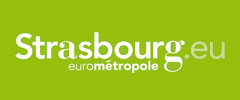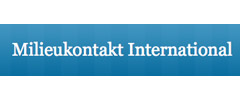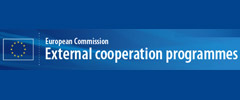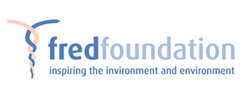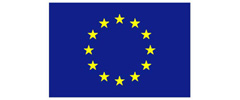WECF Co-organises Workshop on Information and Public Participation in Water and Health Related Issues
In Co-operation with the UNECE/WHO-EURO Secretariat of the Protocol on Water and Health, the Ministry of Environment and Forests of Romania, and Global Water Partnership/Romania WECF co-organised a workshop on 15/16 June, 2010
08.07.2010 |Anke Stock
The workshop was attended by about 60 representatives of local and national authorities and NGOs from the EECCA region. Experts from EU and other countries also attended in order to share their experiences on these issues related to the Protocol on Water and Health (PWH) and the Water Framework Directive.
The workshop showed that awareness raising is an important issue. Many participants claimed that more use of the media should be made. In general, public awareness of the issues water and health is the entry point for more information as well as for public participation in relation to these topics. The use of modern technologies as well as the development of existing websites should be promoted more widely according to the input from the participants. The participants also called for informing and involving the youth at an earlier stage in order to promote Water and Health awareness. Furthermore, the need of demonstration projects in order to convince the public and authorities of the advantages was highlighted. It became clear that a well-informed public society and a well-informed government are pillars for effective implementation of the PWH, and that political will is required to assure public participation.

The identification of stakeholders was seen as a challenge, stakeholders differ according to the challenge and region of implementation of the PWH. NGOs at national and local level are normally among the key stakeholders. The status of NGOs is crucial for them being taken seriously in the whole process of public participation. Authorities do not always see NGOs as partners. Thus the need of NGOs in the process is not yet understood which are issues for public awareness as well as for capacity building. Here the need of more financial means for NGOs to contribute meaningful to the PWH was raised.
Some parties and NGOs provided examples of good practices in relation to public participation, such as Hungary or Mama-86 from Ukraine. However, others had few concrete ideas about how the process of public participation should be tailored. More information and concrete samples of how to develop and implement a public participation procedure should be given, e.g. by guidelines, workshops etc. (including the Aarhus Convention).
The exchange of experiences between the parties on the issue of public participation was also deemed to be very important. This could be done via other international forums, such as the Aarhus Convention (common Task Force on Public Participation), but also on a more regional level or between individual partners (twinning projects, study visits etc.).
These first results have been discussed by the organisers of the workshop. Participants have also sent in more case studies related to the issues. The outcome will be a guidance paper on how public participation within the remit of the PWH can be used most effectively. This will be published in autumn. More information can be found on http://www.unece.org/env/water/meetings/public_participation_protocol_workshop.html .
Related News
Meet the Winners of the Gender Just Climate Solutions Award at COP24
On the 70th anniversary of the Universal Declaration of Human Rights, we awarded Gender Just Climate Solutions Winners at the climate negotiations in Katowice, Poland
11.12.2018
#Ruralwomen: join our Women2030 campaign!
15.10.2018
Congratulations Sascha!
Named thirty-third most influential sustainability fighter in the Netherlands
08.10.2018
Calling for periods free from plastic & hazardous chemicals
Letter to Frédérique Ries, MEP, European Parliament on behalf of the #BreakFreeFromPlastics movement
04.09.2018




















